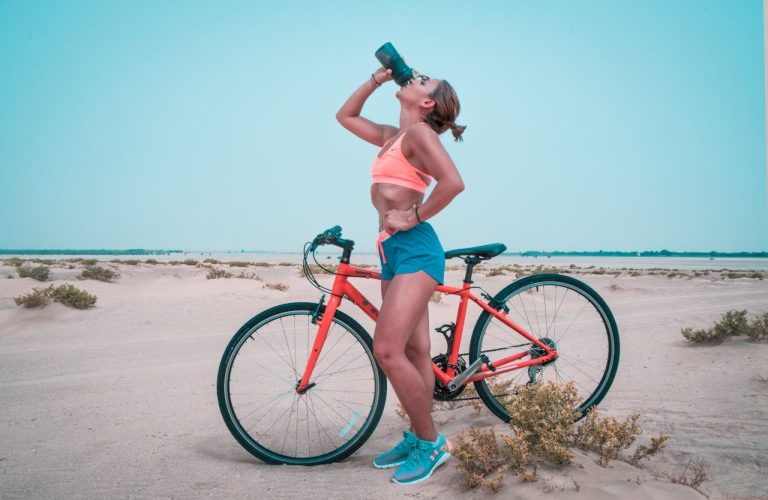Exercise can increase your risk of dehydration if you don’t replace the fluids you lose through sweating.
Adequate hydration of the body is essential throughout the day. Even more important is when you exercise. If you do not provide your body with the necessary hydrating fuel before, after, and during exercise, it is very likely that your body will become dehydrated. And when it is dehydrated, many of its functions are affected, as well as many parts of it, from muscles to cells.
Experts unanimously agree that adequate hydration of the body is vital, especially when it loses more fluids through sweat. There are some common hydration mistakes you may be making unwittingly, but which over time can lead you to dangerous health adventures. To avoid them, you must first recognize them:
You don’t drink enough water before, after and during exercise
Most experts on the subject advise the public to drink 500 ml of water two hours before exercise and 250 ml half an hour before starting to exercise. Water consumption is also permissible during exercise, with an average of 200 ml. Finally, for safe muscle recovery, try to drink at least 350 ml of water. Remember that the more you sweat, the more water you need to drink.
You fail to hydrate
And not only because you don’t drink water, but also because you forgot to bring some of it with you. Going out for a bike ride, jogging or walking, you forget the water bottle at home. As a result, you sweat but don’t have the ability to refuel your body. If it is not possible to carry a few litres, a small bottle in the hand is always light and quickly accessible.
You are not replenishing lost electrolytes
Electrolytes are substances that contain free ions. They are found in our body and in liquids, and carry an electrical charge. Their presence in the human body is extremely important, as they contribute to the contraction of muscles in order to move normally, the pH balance, and the hydration of the body. The main electrolytes the body uses to perform these vital functions are sodium, potassium, magnesium, calcium, phosphorus, and chloride. Therefore, replenishing them is not only essential, but also lifesaving for the health of your body. Drinks rich in electrolytes are coconut water, fresh watermelon juice, milk and smoothies with fresh fruits and vegetables.
You’re not getting enough magnesium
As an essential electrolyte, magnesium helps to hydrate the body during muscle recovery. As many experts observe, however, many people do not receive the required daily amount of magnesium, which is about 350 milligrams for adults. In addition to food supplements, magnesium is available in legumes, nuts and seeds, leafy green vegetables, milk, and yogurt.
You drink alcohol after training
If your daily happy hour is after the gym, you might want to think again. And this is because drinking alcohol after training does not bring any advantage to the body, nor does it naturally hydrate it. In addition, you fill your body with empty calories, which do not provide nutrients to your body.
You overhydrate
While dehydration is a concern, overhydration (hyponatremia) is also a risk, especially in endurance events where athletes may drink excessive amounts of water without replacing electrolytes lost through sweat.
You don’t monitor urine color
Monitoring urine color is a simple way to assess hydration status. Dark yellow urine indicates dehydration, while pale yellow to clear urine suggests adequate hydration. Ignoring this indicator can lead to improper hydration.
By being aware of these common mistakes, athletes can develop better hydration strategies to optimize their performance and overall health.

